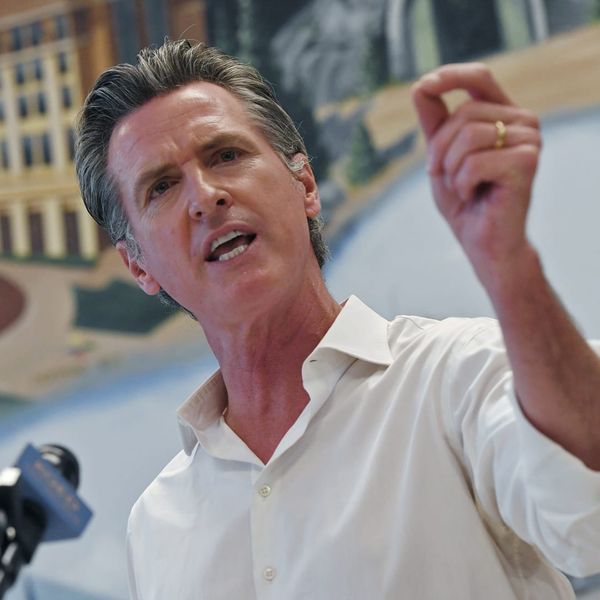Once upon a time, a man walked on the moon.
He climbed down the ladder onto lunar soil, the first human being ever to do so. “That’s one small step for (a) man,” he famously said, “one giant leap for mankind.” It was one of history’s greatest feats and we had done it, we Americans.
That man died Saturday of complications from a cardiovascular procedure. Neil Armstrong, a Korean War fighter pilot from small town Ohio, was 82.
He never spoke much about what he had done, shied away from publicity, never even wrote a memoir. In a confessional nation where fame is an end unto itself, that made him something of an anomaly. But Armstrong adhered to an older American model of competence and taciturnity that required a man, whether astronaut, cop or farmer, to simply do his job and shut up about it.
You have to respect that. At the same time, one wishes Armstrong had found a way to overcome his natural reserve and speak more often about the great thing he did — not so much for his benefit, but for ours. His achievement offers America a reminder of itself.
One day, once upon a time, we all looked up. Los Angeles looked up, Miami looked up. Hoboken and Duluth looked up. Beijing, Moscow, Havana, London, Brisbane, Cairo, Krakow, Tehran, Tangiers, Paris, Madrid, Johannesburg … the world looked up from its daily doings. We all stared up at the familiar old moon where men, people who looked like us, were walking around. And for that brief moment we were united in possibility and in wonder.
This is what America achieved, once upon a time, and who could have been surprised that we did? Once upon a time, this was a nation that met challenges and pushed back frontiers. We had re-routed rivers and stitched a railroad across the heart of a continent, linked two oceans and rebuilt Europe, faced down evil and, from Berlin to Birmingham, championed the right of human beings to be free.
Now we had outdone ourselves. Now we had sent men to the moon.
But that was once upon a time. Forty-three years later, we still face challenges — schools are failing, the planet is sick, towns are dying, our justice system is not just, we are dependent for energy on those who hate us — but our confidence in our ability to meet those challenges seems shrunken. We have traded the inspirational for the ideological and learned to lower our expectations. Big ideas are unwelcome. We call it pragmatism. It feels like surrender.
America hasn’t sent a human being to the moon — or any other planet — since 1972. And when Newt Gingrich suggested earlier this year that America should build a colony on the moon, everybody laughed.
Granted, that’s because it was Newt Gingrich who said it. Even so, the reflexive laughter raises an obvious question:
What’s wrong with a moon base?
Yes, some will call it frivolous given the difficulties America faces. But we first landed on the moon in the 1960s, hardly an era of tranquility. And yes, too, we were driven to that in large part by Cold War paranoia.
But we were also driven by the confidence that came of being who we were and believing we could achieve any goal we could conceive. Now we raise foam fingers and chant, “We’re Number One!” It is not the same.
The argument here is not about moon bases. It is about everything. It is about who we are now. And what we stand for. And what we hope to achieve and why.
Greatness is our heritage, but heritage is another word for past. The legacy of the quiet hero who left us this week is that Americans do not settle for heritage. They push back frontiers. They take small steps and giant leaps.
That is who we have always been.
And that went without saying, once upon a time.
(Leonard Pitts is a columnist for the Miami Herald, 1 Herald Plaza, Miami, Fla., 33132. Readers may contact him via e-mail at lpitts@miamiherald.com.)








